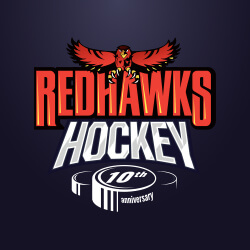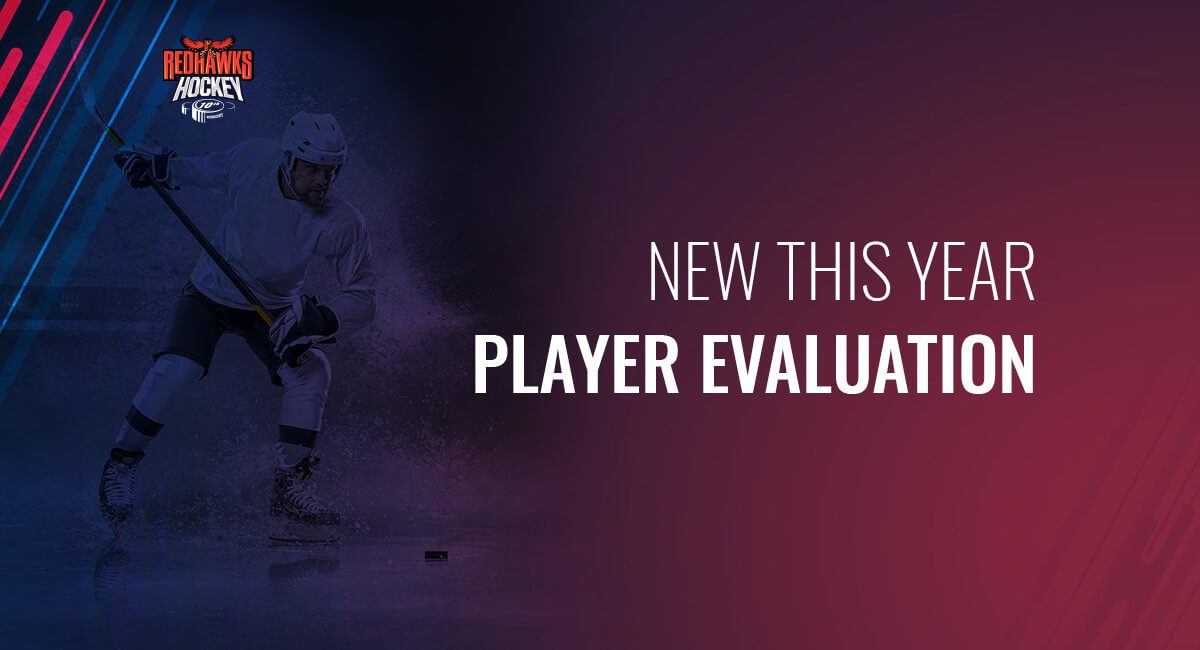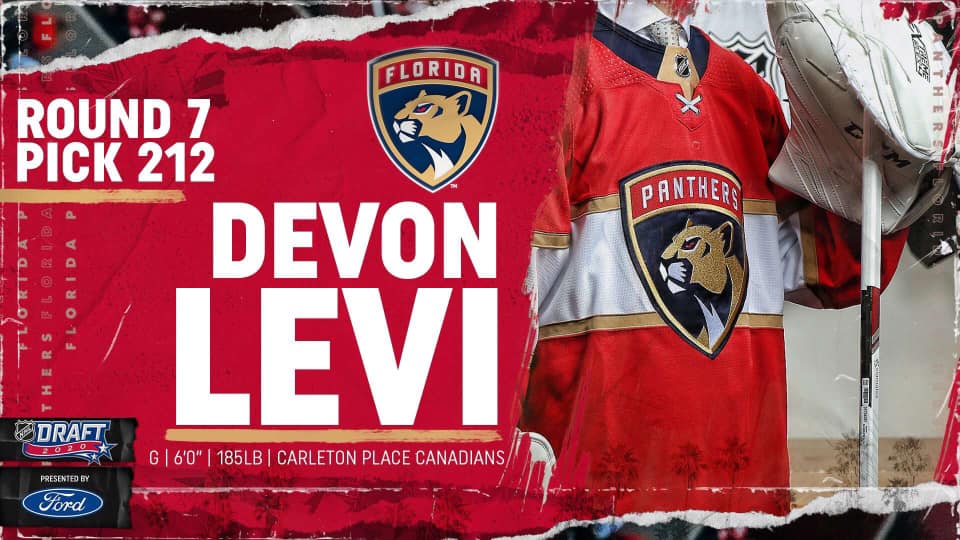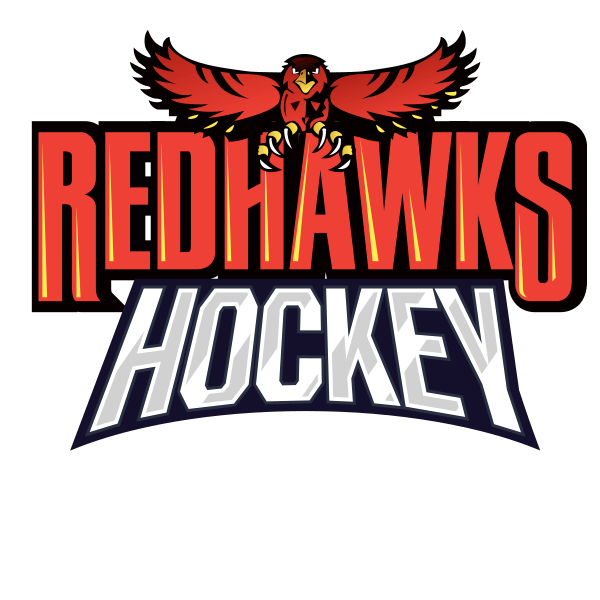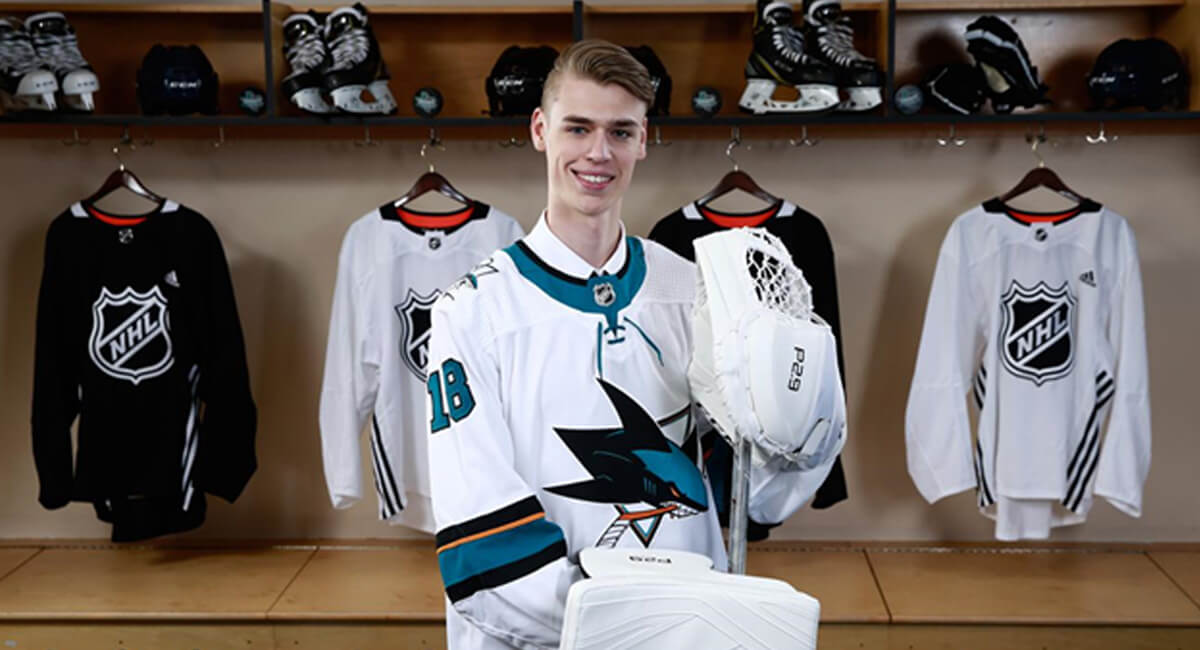
2018 NHL Draft – 2 Goalies drafted !
25 juin 201876 Former Redhawks drafted !
20 décembre 2018We would also like to share an article about hockey player progression that we would like to share for free for all of our visitors:
Hockey player development: Progression is the key
I have been a hockey scout for 15 years so I think I know a little bit about player development. I would like to share some of my knowledge and some tips. I am simply trying to offer my perspective on it and perhaps help some of you.
As scouts we are often exposed to different kinds of hockey player progression curves. It is often a difference maker in a hockey career. Examples of players who were dominant in peewee but can’t even make it to the junior levels are common. You also see a lot of players who are good but not dominant players in minor hockey, but their progression curve is consistent and they make it to the higher levels. The toughest part is to keep progressing.
As a young hockey player there are variables you can control, others you simply can’t. For example, you can’t control your growth spurts, size is a factor in hockey and some players take longer to grow. Make sure you concentrate on the variable you can control and improve your game the best you can.
*Please note that I am not a goalie specialist so this article is written for the skaters mostly. If you are a goalie, my #1 tip would be to play baseball / catcher all summers like in the old days. It drives me completely nuts that a goalie can’t catch a puck, it should be natural.
You can progress on a daily, weekly, monthly and yearly basis.
Here are a few examples:
Daily : What are you eating today ? Are you getting enough sleep?
Weekly : Are you prepared for your next game? How did you practice this week?
Monthly : What is your training regiment this month? Do you have a plan for it?
Yearly : What part of your game improved this season? What are you planning to do this summer?
These are all examples of what you can do to become a better player.
As a scout we are looking at a player progression on a bi-yearly basis. The 1st part of the season / 2nd part of the season including playoffs. We are also intrigued and a lot interested in a player that started slowly and that finished strong. Not to say that you need to start your season slow, but make sure you finish strong. In order to do that you must take care of your body carefully. What you eat is important, what you drink, how much you sleep. These are all details that can make a difference in the long run. Another one is how much office training you should do during the season. I am not a certified trainer and I have limited knowledge in that field so I plan on having a trainer giving you a bunch of useful tips in a future article.
For now let’s concentrate on the hockey part. Not all players get the same practice time, not all coaches plan good practices and not all players make the best out of their practice time. Depending on the city you live in, the team you play for, the school you go to it is often common that a young hockey player gets limited practice time. If you are one of these players, you must find a way to make the most of it and to do extras somewhere else. Playing outside/ shiny hockey is never a bad option, do it as often as you can. Skating is obviously a key part of hockey and you need to improve it as much as possible. Skating lessons for younger age players is recommended, power skating sessions for older players. Make sure you go on the ice as much as you can, remember you can never be too good of a skater. Players in the NHL are still looking to improve their skating so why shouldn’t you?
It is common to see a kid who never played organized hockey having a heck of a slap shot. The reason is simple; these kids often slap more shots than you ever will. Shooting is definitely one of the aspects you can work on the most. To have a better shot you must shoot more pucks, simple enough? How do you think pro players have such great shots? You can often ask their parents about their garage doors. Shooting a ball can help but it is better to learn with an actual puck. There are many different gadgets you can buy online to facilitate that. I strongly suggest that you practice all the different shots especially your backhand that is so underrated. Players with the best backhand in the game (aka Sydney Crosby) are often mentioned that they shoot as many pucks from their backhand as their forehand. Ask any goalie and he will tell you that he hates backhand shot because they are for the most part unpredictable. Shoot, shoot shoot. Yes, you need to improve your strength and your technique as well, but the more pucks you shoot the better your shot will be.
Now your hands / skills / stickhandling. You can also improve your skills many different ways. You certainly do not improve your hands by playing video games. Deck hockey, ball hockey and such can definitely help you improve your hands. If you have a basement make sure to have enough room to stickhandle around anything you can find especially your brothers and sisters. Have some fun with it! There are many exercises you can find online to help you. Make sure you practice not to look at the puck / ball when you stickhandle. I also suggest that you practice your hand-eye coordination at times. Dribbling in the air, catching pucks with your sticks are all good ways to do so. Improving your skills takes time but it is very possible.
Next, hockey sense is something that is very hard to improve. It is more instinctive than anything else. However, I suggest that all young players should definitely watch hockey and try to analyze it. Try to identify a player that suits your style and monitor his shifts from game to game. Try to pick up on his positioning and on his habits. Another thing you must do is to watch at least one or 2 games of the calibre you are aiming for next year. If you play bantam AA or bantam minor, you must see some bantam AAA / bantam major to see what it takes to play there and also to put you in confidence.
I also want to make sure I touch on what you can do during your summers. As I stated previously, I won’t go deep into training methods, but I strongly suggest each player has a specific training plan especially for each summer. I recommend hired a personal trainer as much as possible. I understand it is not recommended for younger players (under 13) to train too much, but there are ways to train at all ages. You can consider doing one elite summer hockey camps too. As I stated before I also strongly suggest 1 or 2 weeks of power skating.
More importantly and regardless of the age it is primordial that you do not play hockey 12 months a year. I understand that summer hockey is sometimes a good way to improve, but too much of it is NEVER good. Choose your summer tournaments carefully and make sure you do not do too many of them, regardless of age. Playing multiple sports is PRIMORDIAL. Hockey is a very tough sport that takes a lot of coordination; you must be a well-rounded athlete to play the sport. Soccer is very good for foot speed, Baseball for hand eye coordination. Lacrosse and other sports can be good too. Plays more sports, have some fun, become a become athlete and you will be a better hockey player in the long run. I also consider that a month off without any hockey at all can be important. It will make you excited to start the new season and will recharge your batteries.
In conclusion, a hockey player’s development is directly related to his progression. However, you must make sure to have some fun in your different training. The more fun the easier it gets. Hockey and training can be gruesome and hard, but be creative and find ways to make it more fun.
